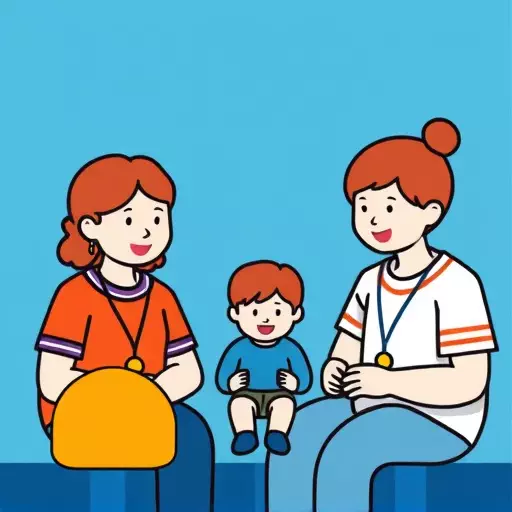In Flint-Traverse City and Bay City, improving pediatric Ozempic therapy outcomes requires understanding adherence barriers. Telehealth ozempic consultations enhance accessibility but face challenges with family engagement and education. Family-centered approaches, combining telehealth and virtual programs, offer comprehensive solutions to boost adherence rates and promote healthier lifestyles. By implementing device support, interpreter services, and culturally sensitive programs, healthcare providers can overcome obstacles like limited internet access, outdated devices, and linguistic barriers, revolutionizing pediatric weight management through virtual care.
In the quest to combat childhood obesity, evaluating barriers to adherence in pediatric Ozempic therapy is paramount. This article delves into the unique challenges faced by families in Flint-Traverse City and Bay City areas when transitioning to telehealth Ozempic consultations. We explore virtual programs as innovative solutions, highlighting their potential in remote care management alongside Ozempic therapy. Additionally, we discuss family-centered approaches that enhance pediatric weight management through education and support, fostering a nurturing environment for successful medication adherence.
- Understanding Barriers to Adherence in Pediatric Ozempic Therapy: A Local Perspective
- – Exploring the challenges faced by families in Flint-Traverse City and Bay City areas when implementing telehealth Ozempic consultations.
- Virtual Programs as Solutions for Childhood Obesity Management
Understanding Barriers to Adherence in Pediatric Ozempic Therapy: A Local Perspective

In Flint-Traverse City and Bay City, understanding barriers to adherence in pediatric Ozempic therapy is crucial for improving healthcare outcomes among local children. Telehealth ozempic consultations have emerged as a valuable tool, allowing medical professionals to provide remote guidance and support to families adopting this treatment for childhood obesity. While virtual programs for addressing childhood obesity with Ozempic offer convenience and accessibility, they also face challenges related to family engagement and education.
Family-centered approaches to pediatric weight management are gaining traction as effective strategies. These methods prioritize open communication, shared decision-making, and tailored interventions that consider the unique needs and dynamics of each family. By incorporating telehealth technologies and virtual programs in conjunction with these family-focused approaches, healthcare providers can create comprehensive solutions that enhance adherence rates and foster healthier lifestyles for children in Flint-Traverse City and Bay City.
– Exploring the challenges faced by families in Flint-Traverse City and Bay City areas when implementing telehealth Ozempic consultations.

In the Flint-Traverse City and Bay City areas, families face unique challenges when transitioning to telehealth Ozempic consultations for pediatric weight management. Despite the potential benefits of virtual programs for addressing childhood obesity with Ozempic, connectivity issues and digital literacy gaps can pose significant barriers. Many families in these communities rely on limited internet access or older devices, hindering their ability to participate fully in remote consultations. Additionally, cultural and linguistic differences may create communication obstacles, as families may not feel entirely comfortable discussing sensitive health topics through virtual platforms.
Family-centered approaches are crucial for overcoming these challenges. Healthcare providers must be proactive in offering alternative solutions, such as providing devices or internet access support, and ensuring interpreters are available for non-English speaking families. Tailoring virtual programs to accommodate diverse cultural needs and promoting open dialogue can enhance family engagement and improve adherence to Ozempic therapy.
Virtual Programs as Solutions for Childhood Obesity Management

In today’s digital era, virtual programs are emerging as innovative solutions for managing childhood obesity, including therapy with Ozempic. Telehealth ozempic consultations offer a convenient and accessible approach, particularly for families in Flint-Traverse City or Bay City seeking specialized care. These virtual platforms enable healthcare providers to conduct comprehensive assessments, educate parents and children about the importance of adherence, and provide ongoing support tailored to individual needs. By integrating telehealth into pediatric weight management, family-centered approaches become more feasible, addressing barriers related to time constraints, transportation, and accessibility.
Virtual programs for addressing childhood obesity with Ozempic allow for dynamic and engaging interactions, ensuring that both patients and families actively participate in their care. This digital shift not only enhances access to expert guidance but also fosters a sense of community among peers facing similar challenges. Such programs have the potential to revolutionize pediatric weight management, making it more inclusive, efficient, and effective while addressing the unique needs of each child and family unit.
